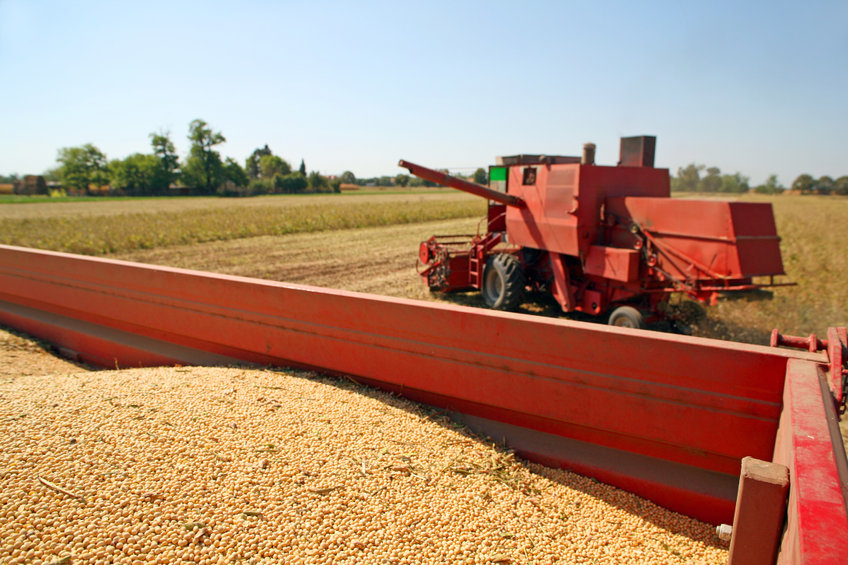
Brussels is preparing to delay its flagship deforestation regulation by another year — a move that could tighten global soya supply and push up costs for UK feed manufacturers.
The EU Deforestation Regulation (EUDR) requires importers of key commodities — including soya, palm oil, coffee, cocoa, beef/cattle, timber and rubber — to prove they are not linked to deforestation.
It was originally meant to come into force on 30 December 2024 but has already been postponed once to the end of 2025. Now, the European Commission is proposing another delay, likely pushing implementation back to December 2026.
While the regulation does not apply in Great Britain, it is expected to apply in Northern Ireland under the Windsor Framework — and feed makers across the UK could be affected as competition for compliant soya tightens and costs rise.
In a letter to European Parliament Environment Committee chair Antonio Decaro and the Danish Presidency, EC Environment Commissioner Jessika Roswall warned that the IT platform underpinning compliance may not be able to handle the data volume.
She expressed concerns about “uncertainty for authorities and operational difficulties for stakeholders,” and cautioned that the system might experience “unacceptable… slowdowns” or “repeated and long-lasting disruptions,” undermining the ability of firms to comply.
Roswall said the additional time is needed “to combat the risk with the load of information in the IT system,” and confirmed the Commission is “considering a postponement of the entry into application of the EUDR, currently foreseen for December 30, 2025, for one year.”
Any delay must still be approved by the European Parliament and the Council, though the move is widely expected to pass. Roswall indicated she would consult both institutions before making a formal decision and hinted that simplifying parts of the regulation might accompany the postponement.
German MEP Christine Schneider, leading negotiations on the file, welcomed the proposed pause but warned of deeper issues. “However, the renewed postponement clearly shows: the problems run deeper and cannot be solved by further transitional periods or non-binding guidelines,” she said.
The UK's Agricultural Industries Confederation (AIC) described the delay as a “pragmatic and necessary step to avoid disruption and ensure EU supply chain readiness.”
It emphasised UK relevance, noting that while EUDR doesn’t directly bind Britain, it is expected to bind Northern Ireland, and ripple effects will be felt across the supply chain.
The European Compound Feed Manufacturers’ Federation (FEFAC) also supported the postponement, citing that compliant soya is already in short supply and attracts cost premiums.
The EU currently sees demand in the region of 30 million tonnes of soybean meal, adding pressure to already constrained supplies.
AIC said it will continue working with members and supply chain partners to assess how the delay affects responsibly sourced soya through 2026.
But with global demand rising, compliance costs building, and baseline supply tight, industry leaders warn that UK feed costs may climb well in advance of the regulation’s eventual rollout.
